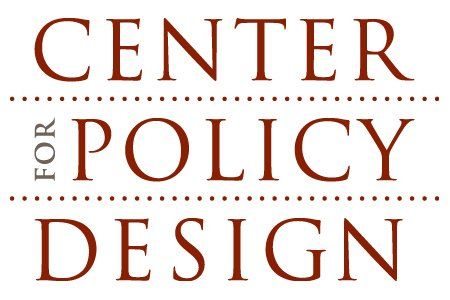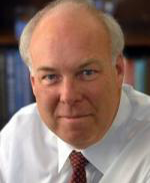Dan Loritz's interest in public policy spans five decades. He served fifteen years in Minnesota state government in a variety of positions. He was a senior policy analyst, director of government relations and an assistant commissioner of education in the Department of Education and an assistant commissioner for state policy coordination in the State Planning Agency. He also served Governor Rudy Perpich, Minnesota's longest service Governor, as his director of governmental relations and as his deputy chief of staff.
Following his government service he served 18 years as the vice president of university relations and 17 years as an associate professor of education at Hamline University.
He received his undergraduate degree in psychology from Hamline University and his master's degree in teaching from the University of Wisconsin – Eau Claire. In addition, he was selected for three fellowships: an educational policy fellowship at George Washington University, a leadership fellowship at the Humphrey School of Public Affairs at the University of Minnesota and a public school executive fellowship from the Bush Foundation in Minnesota.
He is currently a senior fellow at, and President of, the Center for Policy Design.
Some things Dan thinks about:
On organizations - we have to think differently about our organizations and about attracting philanthropic support. Jim Lord likes to say, "Organizations have no needs. A community, of course, has needs to satisfy. Society has problems to solve. Individuals have needs and problems. But the organization has no needs. The organization has solutions. It has answers. It has capabilities."
On politics - we need a new definition of "politics. Ted Kolderie reminds me that - "Politics is not the art of the possible -- politics is the art of making possible what is necessary".
On promises - when you don't get something done that you promised most people are left thinking one of two things -- you were either lying (you never intended to do it) or you are incompetent (you couldn't get it done) -- and on a bad day they might think both are true.
On knowledge - it is the residue that is left when the experience wears off.
On decisions - sometimes there is no "do over" on a decision - watch out for the decisions you cannot "do over".
On hope - while necessary, it is not a strategy.
On the need for change -- you can only coast downhill.
On performance - partly we have a performance problem with our organizations -- but mainly the problem is one of design.
On compromise - a half a loaf of bread is better than no loaf at all --- but a half a cow is just a dead cow.
On framing public policy designs or redesigns - "some are balls" and "some are strikes" but they are nothing until you call them.
On being mindful - make sure the light at the end of the tunnel is not a train - assuming you can find the tunnel in the first place.
On thinking forward - we live in a time with no name - it will be named decades in the future based on what we do or don't do now
On evaluating teachers - Children and young adults, between ages 5 and 18, spend much more time out of school than in school. Depending on which state it ranges from 85% to 88% percent time not in school
Given this, teachers should not be held completely responsible for "in school" student learning given they only have them for 12% to 15% percent of the time.
Even if nothing was learned during the 12% to 15% they cannot be 100% liable.
Teachers are the only helping profession that does not start the evaluation process with a look at their professional practice. In every other helping profession, the professional’s practice is considered first before judging the outcome of their practice.
Teachers should be given the same professional respect. They should not be held solely responsible for student achievement if their professional practice was deemed appropriate and effective.
On teaching - I never hear individuals in other professions say they "I used to be a physician or a lawyer or ....." -- so why do people who have left teaching say "I used to be a teacher".
On schools created by charter - In this country we do not have "charter schools" --- we have public schools created by the process of chartering. This is a critical distinction. It would be helpful to if we stopped using the term "charter schools".
What we have, in fact, are districted public schools (as we always have had) and now, as a matter of policy, non-districted public schools (non-districted public schools are schools created by process of chartering).


